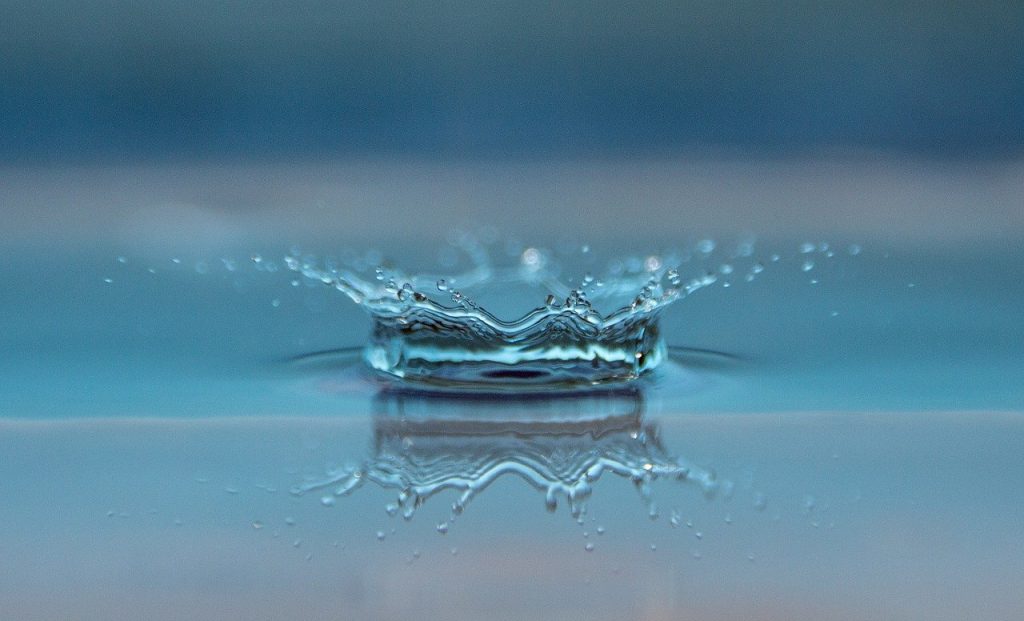All fields are required
Posted in Our Blog on May 14, 2021

Cases of Legionnaires’ Disease reported between Feb. 3rd and Feb. 26th in Union County, NJ are being investigated by the New Jersey Department of Health (NJOH), along with local health officials. The cluster of cases has seen 14 people become ill and one person, a Union County resident in his late 60s, has died. While some potential sources have been determined, the investigation is ongoing, and a definite source of the bacteria has yet to be determined in this Union County Legionnaires Outbreak.
Legionella bacteria thrive in water, especially hot water, and are dispersed through aerosolized water droplets such as those dispersed through cooling towers (air-conditioning units for large buildings), hot tubs, cooling misters, decorative fountains, and plumbing systems. People can become sick with Legionnaires’ Disease, a serious type of Pneumonia, when they breath in mist, or accidently swallow water into the lungs, that is contaminated with the bacteria. Since 1976, occurrences of Legionnaires Disease have steadily become more frequent, especially in the last 20 years. The state of New Jersey specifically sees about 250 to 350 cases of Legionnaires’ disease a year. According to the CDC, since 2000, the U.S. has seen an 800 percent spike in the disease.
Legionella bacteria are found naturally in freshwater environments, such as lakes and streams. The bacteria become a health concern, like for those infected in the New Jersey cluster, when it begins to grow and spread in humane-made water systems. People can then get Legionnaires’ disease, or Pontiac fever, when they breathe in small droplets of water in the air that contain the bacteria. Drinking water in which Legionella bacteria are present does not cause illness. However, less commonly, people can get sick by aspiration of water containing the bacteria. This happens when water accidently goes into the lungs while drinking or swimming. You know, those times when you accidentally swallow wrong or are unexpectedly dunked underwater by someone thinking they’re funny! People with swallowing difficulties are at a greater risk of aspiration.
Most healthy people exposed to Legionella do not get sick. People at increased risk of getting sick are:
Talk to your doctor or local health department if
People who get sick after being exposed to the bacteria can develop one of two illnesses. Legionnaires’ Disease or Pontiac Fever. Legionnaires’ Disease is very similar to other types of Pneumonia, with symptoms like cough, shortness of breath, chills, headaches, and muscle aches. Occasionally, those infected may experience other symptoms such as diarrhea, nausea, and confusion. Symptoms usually begin 2 to 10 days after being exposed to the bacteria, but it can take longer, so people should watch for symptoms for about 2 weeks after exposure. One good thing is that, with the exception of rare cases, Legionnaires’ is not spread from person to person.
A milder infection than Legionnaires’ Disease, Pontiac Fever symptoms are primarily fever and muscle aches, beginning anywhere from a few hours to 3 days after exposure, and usually lasting less than a week. Pontiac Fever is not Pneumonia and usually goes away on its own without specific treatment.
How do they treat it?
Healthy people usually get better after being sick with Legionnaires’ disease, but they often need care in the hospital. Most cases of the illness can be treated successfully, however, treatment with antibiotics is usually required. There are no vaccines to prevent Legionnaires’ Disease.
Possible complications of Legionnaires’ disease include:
About 1 out of every 10 people who gets sick with Legionnaires’ disease will die due to complications from their illness. For those who become ill during a stay in a healthcare facility, about 1 out of every 4 will die. Those are not great odds. Doctors typically use a urine test, and/or a sample of phlegm, or washing from the lungs, to determine if a patient’s Pneumonia is caused by Legionella bacteria.
The key to preventing Legionnaires’ disease is to make sure that building owners and managers maintain building water systems in order to reduce the risk of Legionella growth and spread. Fortunately, home and car air-conditioning units do not use water to cool the air, so they are not a risk for Legionella growth. The CDC has developed a toolkit to help building owners and managers develop and implement a water management program to reduce their building’s risk for growing and spreading Legionella.
Legionella grows best in warm water, like the water temperatures used in hot tubs. However, warm temperatures also make it hard to keep disinfectants, such as chlorine, at the levels needed to kill germs. Disinfectants and other chemical levels in hot tubs should be checked regularly and hot tubs should be cleaned regularly as recommended by the manufacturer.
If you or a loved one believe they may have been exposed to the Legionella bacteria, and begin to show signs of Pneumonia like the patients from the Union County Legionnaires Outbreak, you should take it seriously and contact your doctor right away!
By: Michelle Galadik